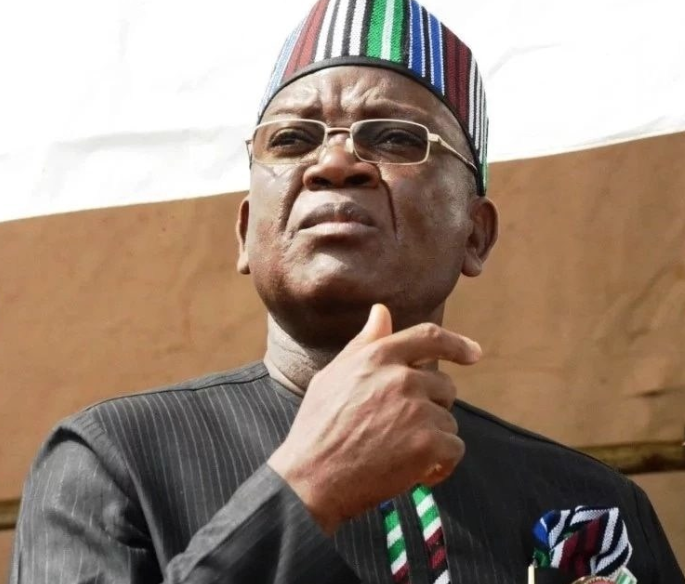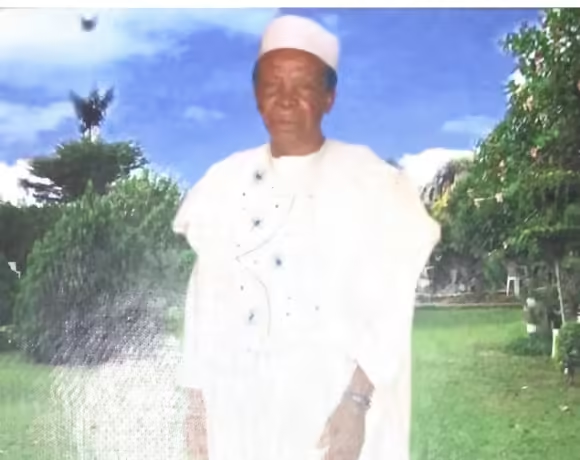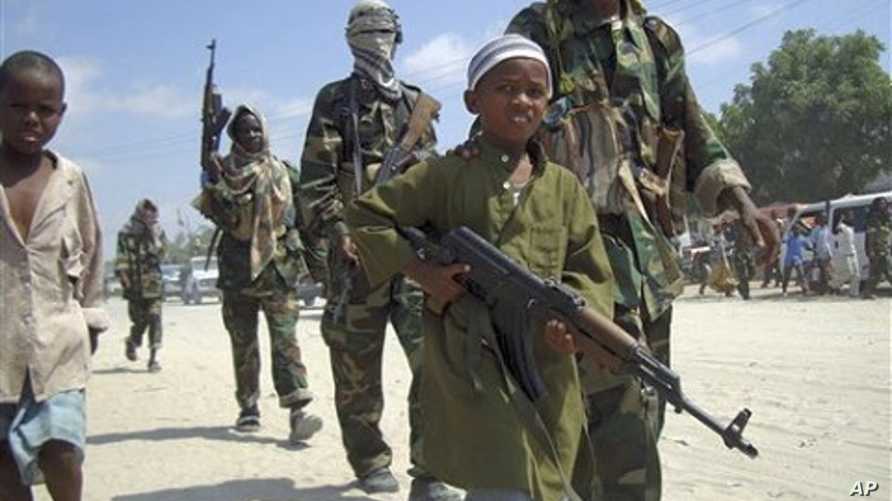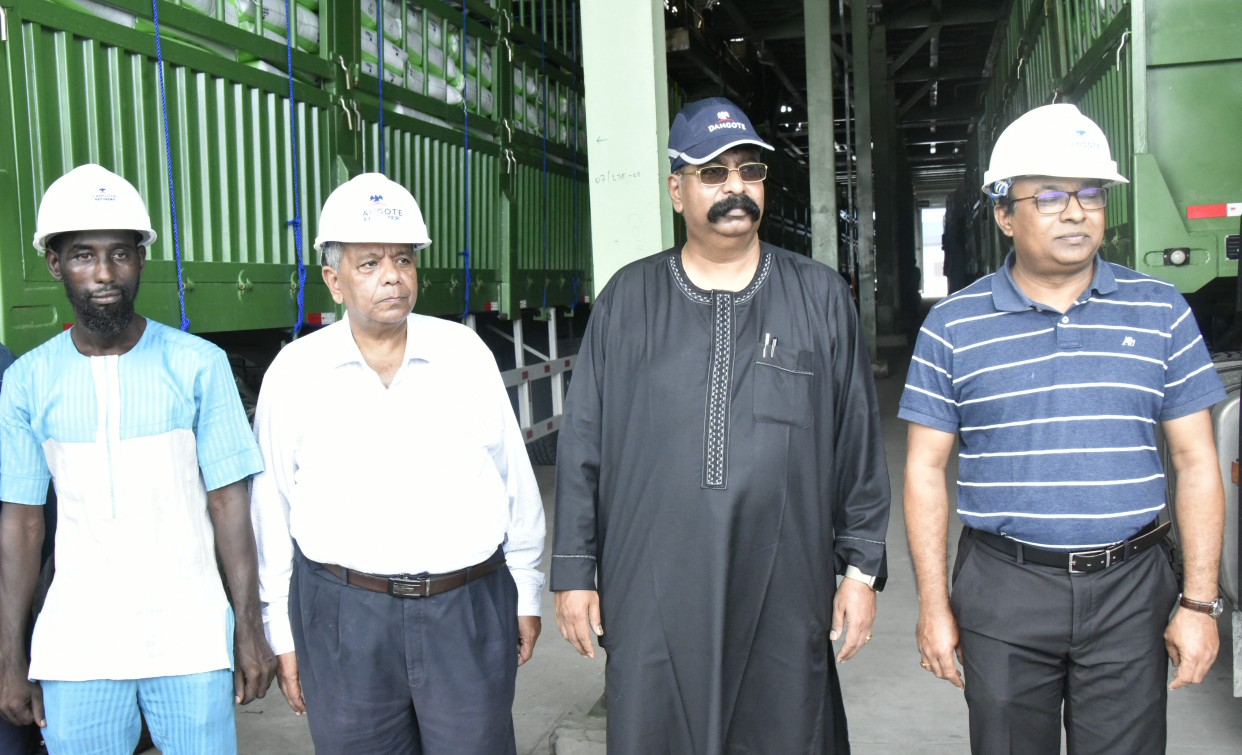Benue ‘strange’ illness: No test results after 2 months; death toll now 16

- ‘Bacteria count in the water was high’
I n January, this year, the Oye-Obi rural community of Igede-speaking natives in Obi Local Government Area of Benue State, came under surveillance by health officials after an ‘unknown ailment’ reportedly caused the deaths in the area. At least, 16 people have been reported dead but villagers in the affected community claimed there had been rise in the death toll.
The State Commissioner for Health and Human Services, Dr Sunday Ongbabo, told our correspondent on Friday by telephone that, “there are no new cases presently. Five people are now remaining on admission in the hospital.”
The health commissioner said a preliminary investigation showed contamination from the village’s source of water, as he stressed the need for the villagers to rely on an alternative source of water for their domestic use. Neither government nor political leaders of the community has provided an alternative source of water.
The commissioner noted that more investigations were conducted to ascertain the root cause of the people’s ailment, adding that so far, findings indicated that the bacteria count in the water was high while the result of the toxic level in the water was yet being awaited.
Ongbabo added, “we want to be sure so we took some plants again from the water for investigation.”
But, the President-elect, Igede National Youths Council, Andyson Iji Egbodo, has expressed dismay that it was taking the state government too long to nip the health challenge in the bud.
He alleged that the government had not only abandoned the people to their fate, for failing to settle their medical bills, which it earlier pledged to do, but that it was yet to ascertained the nature of the actual illness wreaking havoc on the poverty stricken villagers.
Egbson further disclosed that more people were dying from the ailment, even as two new cases were recorded last Thursday, while 18 other patients were admitted into the Oju General hospital only two weeks ago.
“At least 18 persons were admitted two weeks ago. The government did not fulfil any of its promises to settle the medical bills of those admitted in the hospital. The effort of catering for the sick and paying their bills continue to rest heavily on the shoulders of the Youth Council and it hasn’t been easy.
“As we speak, 11 of those on admission have been discharged earlier this week. But two more new cases were reported [last] Thursday. Presently, six persons are still hospitalised and apart from the total of 16 deaths earlier recorded when the illness broke out, some more persons have died,” the youth leader claimed.
Egbodo, who earlier raised the alarm to alert health authorities on behalf of the villagers, had disclosed at the time, precisely on January 28, that 15 more people, after the death of the initial four with same symptoms, were hospitalised in the affected community. The symptoms of the disease were headache, internal heat, diarrhoea, vomiting, stomach ache, weakness of the body and swollen stomach and died alike,” he had said.

Inside Oju hospital where patients were taken for treatment
Egbodo added that about six more persons who had developed the same symptoms in the week following his alarm were moved to the General Hospital in Oju, while the remaining nine which made up the total of 15 on admission, were kept at a private dispensary.
The youth leader who suspected the illness to be Lassa fever had appealed to the state government as well as relevant health authorities to come to the aid of the people before the illness caused further harm.
Clarifying the situation, the commissioner said, “When people deal with government, they should know that there are procedures to follow. You don’t come to government today, today and behave like you are the only problem government has to attend to. There is nothing we need to do that we have not done. All the treatments; today we still have six people on admission in Oju General Hospital and on daily basis, we are tracking them. All the treatments, is he the one paying for them? The postmortem we did, does he know how much we have committed to that? People should not always wait to have something negative to say about government. I expect that he should appreciate all the efforts of government. The traditional ruler of Igede land, himself was on air to appreciate government because when I went there, I visited him and he indeed appreciated our efforts. There are so many issues we are tackling and we are not sleeping on anything. All we are doing is a collective efforts for us to get the best. If he has challenge of any bill not yet paid, he should let government know and not to say government has failed.”
Sequel to the alarm, health officials, led by the State Commissioner for Health and Human Services, Dr Sunday Ongbabo, moved to the area to ascertain the situation with a view to finding solution.
However, the health commissioner, after inspecting those ill as well as the environment, allayed the heightened fears of Lassa fever, as he linked the deaths of the reported four people to the consumption of chemically-contaminated water.
Ongbabo described the rumours of the strange sickness, as “false and misleading from unverified source.”
The commissioner noted that preliminary investigation suggested that the deceased four comprising of two adult male, one female and a five-year-old boy as well five other hospitalised patients who manifested similar symptoms consumed substances from a polluted water source.
He explained further: “that’s the toxicology report. Yesterday (Tuesday) was the latest enquiry I made; they told us that because of the university strike, we’ve not been able to get the result from Ibadan. I have details at every moment. The strike has affected the release of the final result. We already have results from the autopsy but we don’t want to be too bold on the final results before its release. In the autopsy result, we are suspecting that the water is not good. The bacteria in the water was so high. We want to be sure whether it is just the bacteria infection or perhaps, some chemical components. They should be patient with us.”
He disclosed to our correspondent by telephone that the four people died as a result of contamination from their source of water, and stressed the need for the villagers to immediately look for an alternative source of water for their domestic use. The commissioner also confirmed that some of the patients were initially taken to the Benue State University Teaching Hospital (BSUTH) in Makurdi for close monitoring.

A nurse attending to one of the patients in Oju hospital
Also, a statement released by the office of Senator Abba Moro, representing Benue South senatorial district at the National Assembly, which indicated that 15 lives had been lost in the community as a result of the ailment, propelled another round of visit by the National Centre for Disease Control (NCDC) to the affected area.
The statement signed by Moro’s Special Assistant on New Media, Emmanuel Eche-Ofun John, noted that, “as at Monday February 3, 2020, the number of persons affected with the strange endemic has risen to 104. That victims who have died from the disease developed the same symptoms of headache, internal heat, diarrhea, vomiting, stomach ache, weakness of the body, swollen stomach and died alike. That the strange disease has not yet been diagnosed by health authorities and medical experts in Benue state.”
The senator promised to dig some boreholes for the community, but that has not happened.
Ongbabo, in his earlier reaction, urged residents of the community to stop using the water for domestic purposes, as according to him, “we are at the community right now as I speak to you; we have transferred those who are down with the sickness to the teaching hospital for thorough monitoring.
“Since the victims showed same symptoms particularly, diarrhoea, we have advised the people to stop using their source of water because the water is likely contaminated. However, we will take the water for analysis before we can arrive at anything, but right now, we have advised them not to use the water or fish from there.”
Meanwhile, Ongbabo posited that the awaited result would help the health authorities to draw conclusion on their suspicion about the water source, stressing that result of the water analysis sent for investigation was yet to come.
There were reports alleging that the community’s source of drinking water, traced to the Oyongo river, was poisoned with Gamalin and those affected may have consumed fish taken from the pond while another side of the story suggested that the people who died had symptoms of Lassa fever.
Ongbabo had earlier maintained that an emergency response team from the state’s Ministry of Health who were initially sent to the area to contain the situation would remain in the community until the completion of investigation.
The Insight Report
Nigeria Coverage



